Recently, large livestock enterprises and households in many localities in the province have continued to invest in applying high technology to increase productivity, improve product quality, prevent and control diseases, ensure environmental hygiene, and contribute to sustainable livestock development.
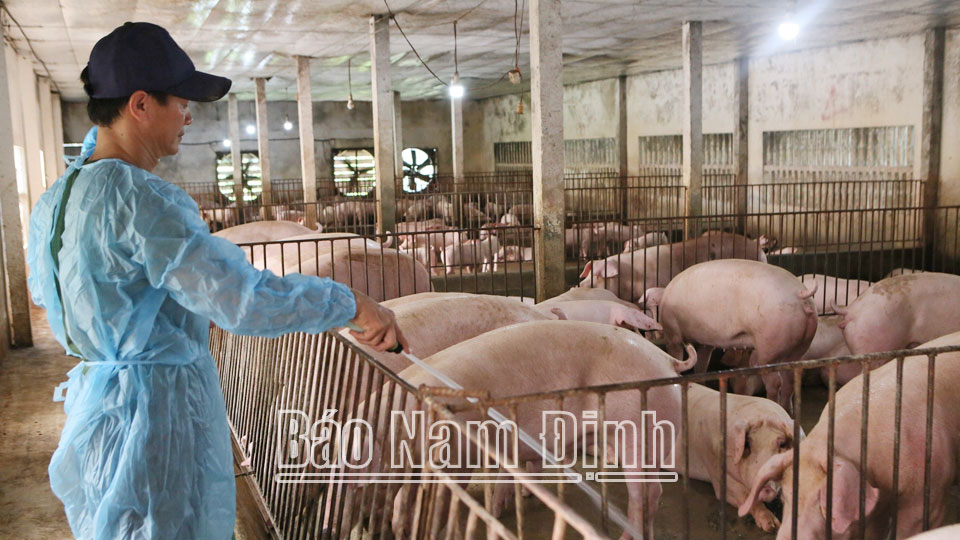 |
| Organic pig farm of Mr. Nguyen Van Thuc, Truc Thai commune (Truc Ninh). |
Mr. Nguyen Viet Hung's family, Yen Loi commune (Y Yen) has more than 20 years of experience in raising pigs. However, with a small semi-industrial farm model, his pigs are susceptible to diseases and suffer many economic losses. With the support and guidance of the Department of Agriculture and Rural Development, Mr. Hung boldly invested in building 1,000m2 of closed barns, ensuring hygiene and safety standards. Currently, Mr. Hung's two farms always maintain about 1,500 pigs for meat, nearly 50 sows to create a local source of breeds for his family and members to raise pigs for meat. Applying high technology to pig raising, members of Yen Loi Livestock Cooperative strictly follow all stages from mixing feed to taking care of piglets, pigs and treating the raising environment well. Waste, wastewater, and livestock by-products are not discharged directly into the environment but are collected and treated through biogas tanks before being used to irrigate plants. At peak times, the cooperative's herd of pigs for meat reached about 3,000 heads. Although the price of commercial pork of the cooperative is higher than that of pigs raised by traditional methods, it is still not enough to meet the consumption demand of the market. Since 2020, Yen Loi pork and smoked pork products of the cooperative have been ranked as 3-star OCOP products by the Provincial People's Committee. The Yen Loi livestock cooperative model is also the first unit in Y Yen district to pioneer closed-chain production with investment in science and technology, ensuring output, known to consumers in and outside the province for its quality pork products and food safety.
Mr. Pham Tien Dung's high-tech pig farm in Coc Thanh village, Nghia Dong commune (Nghia Hung) has a scale of over 2,000 pigs for export, selling about 700 tons of pork each year, earning a profit of over 1 billion VND. To achieve that result, the farm has applied a closed barn system, controlled the barn's microclimate, has semi-automatic feeding equipment, and automatic drinking fountains for pigs. Farmers limit entry and exit to the barn area, reducing the risk of infection and invasion of pathogens from the outside, but still promptly grasp the situation inside the farm to take measures to handle and overcome, protect livestock, and monitor compliance with the process and techniques of workers while taking care of pigs according to biosafety standards. In addition, the farm has invested in closed waste treatment technology including: manure presses, biogas tanks. In particular, the farm is currently using a renewable energy system, the EGreen biogas generator, to handle most of the excess biogas and save 15-20 million VND per month on electricity costs. All of the farm's livestock waste is separated and fermented into organic fertilizer for more than 10 acres of mugwort for export to Korea.
The application of technology in livestock farming in the province is increasingly expanding, helping to reduce labor, improve productivity and product quality, reduce labor, reduce production costs, and increase income for cooperatives and livestock households. Many farms are now applying closed barn systems, controlling the barn's microclimate, having semi-automatic feeding equipment, automatic drinking fountains for pigs; chickens drink water on demand; installing cameras to remotely monitor the entire barn. In particular, many models apply microbial preparations to help increase resistance, reduce food rations, limit the use of antibiotics, deodorize, improve output, quality and increase the competitiveness of livestock products in the market. Farms have applied scientific and technical advances to manage and treat waste in livestock farming such as: using a manure separator system to treat pig waste as organic fertilizer; Using EM biological products, biological bedding, waste treatment systems, etc. not only effectively solves environmental protection problems but also improves production efficiency and develops safe and sustainable livestock farming.
During the breeding process, farms and households are not only oriented by the locality to develop safe and sustainable agriculture associated with environmental protection but also supported in terms of knowledge transfer of science and technology. Therefore, many households have boldly converted from small-scale production to concentrated breeding, renovated closed barn systems with standards to ensure "Warm in winter - cool in summer", with biogas pits to treat waste for use as fuel. Many pig breeding models combine digging ponds to raise fish, renovating fruit gardens to take advantage of raw materials in rotational production to reduce investment costs for production. Livestock households are also more interested in applying production processes according to VietGAP standards and proactively linking with businesses to consume products. At the same time, build a process for slaughtering and processing pork, poultry and seafood products according to VietGap standards, providing stable supply to clean food stores in the province and outside the province. In aquaculture, cooperatives have shifted from extensive to intensive farming, focusing on applying advanced sustainable farming technologies and models according to VietGAP standards or equivalent standards, ensuring food safety and hygiene associated with environmental protection. Typical examples include An Hoa Agricultural and Aquaculture Cooperative, Hai Dong Commune (Hai Hau); Chi Thien Cooperative, Giao Thien Commune (Giao Thuy) developing a high-tech shrimp farming model, using biological products to treat the pond environment; Xuong Dien Agricultural and Aquaculture Cooperative, Hai Ly Commune (Hai Hau) with a high-tech snail farming model...
With the proactive investment in applying high technology in livestock farming, most of the products at the farms have stable outputs, with long-term production and product consumption contracts with large enterprises. In addition, in order for the farms to promote economic efficiency, localities in the province also strengthen the construction of infrastructure, encourage and create favorable conditions for enterprises to invest in high-tech livestock farming projects, at the same time promote support for the transfer of science and technology, create favorable conditions for land to build barns, concentrated livestock farming areas, attract enterprises to invest in the livestock sector to build a value chain, contributing to improving economic efficiency for the province's livestock industry to develop sustainably./.
Article and photos: Hong Minh
Source



![[Photo] A delegation of 100 journalists from the Vietnam Journalists Association visits the soldiers and people of Truong Sa island district.](https://vphoto.vietnam.vn/thumb/1200x675/vietnam/resource/IMAGE/2025/5/30/0984a986227d4e988177f560d2e1563e)
![[Photo] Journalists moved to tears at the Memorial Service for the soldiers who died in Gac Ma](https://vphoto.vietnam.vn/thumb/1200x675/vietnam/resource/IMAGE/2025/5/30/9454613a55c54c16bf8c0efa51883456)

![[Photo] National Conference "100 years of Vietnamese Revolutionary Press accompanying the glorious cause of the Party and the nation"](https://vphoto.vietnam.vn/thumb/1200x675/vietnam/resource/IMAGE/2025/5/30/1cf6cd5c8a934ebfa347028dcb08358c)
![[Photo] General Secretary To Lam receives Chief of the Central Office of the Lao People's Revolutionary Party](https://vphoto.vietnam.vn/thumb/1200x675/vietnam/resource/IMAGE/2025/5/30/140435f4b39d4599a3d17975dfb444c5)










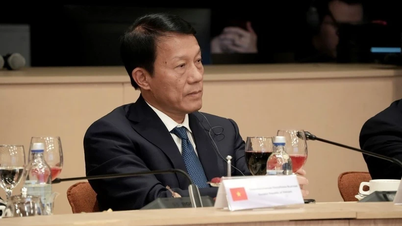
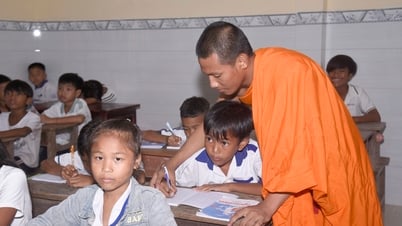
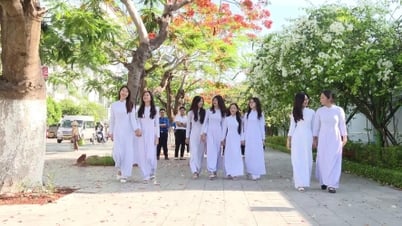
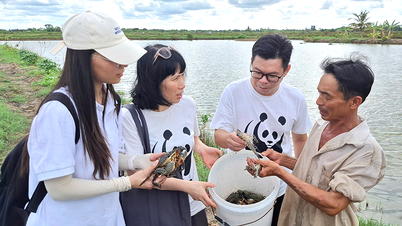
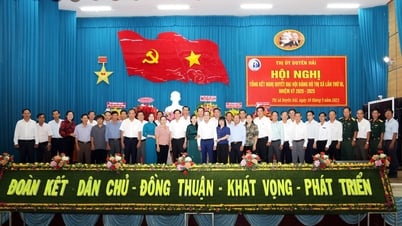
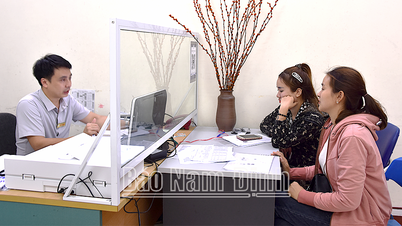







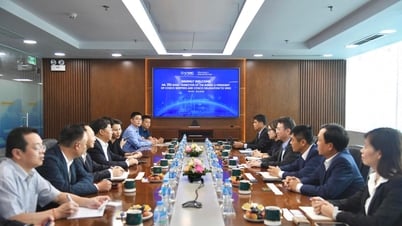


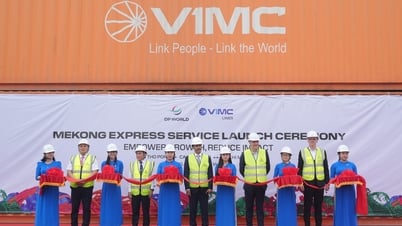





























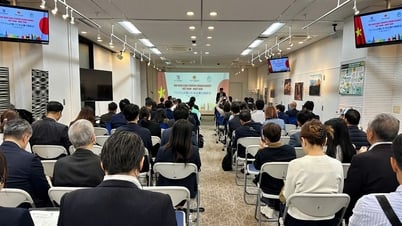



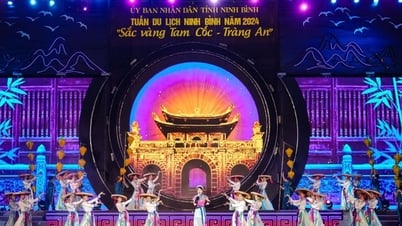
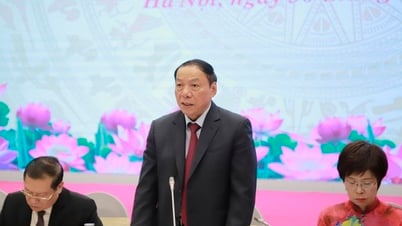

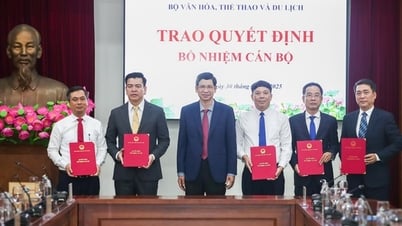
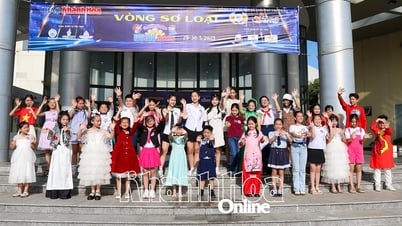















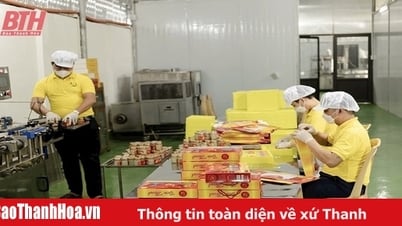

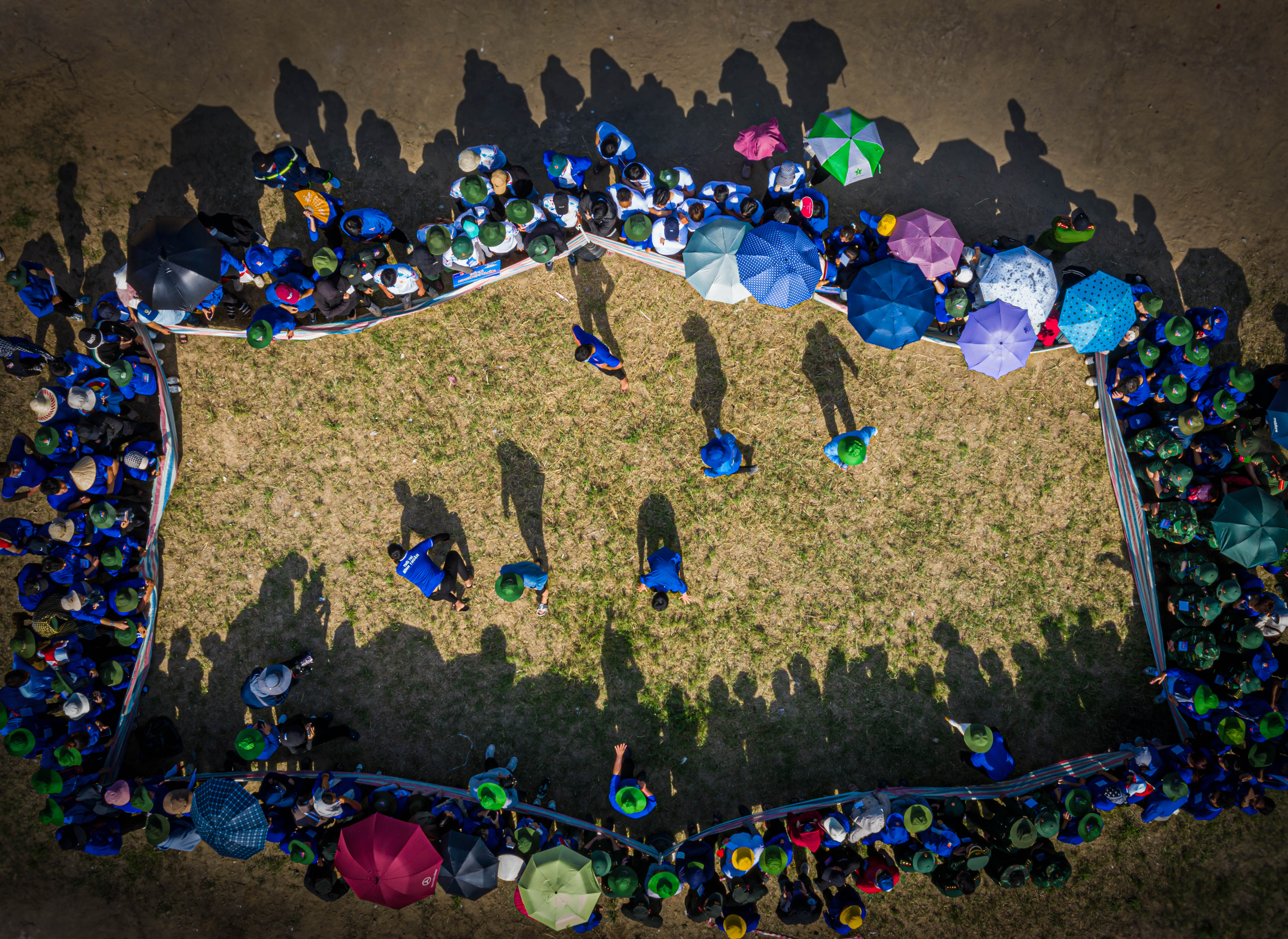



Comment (0)